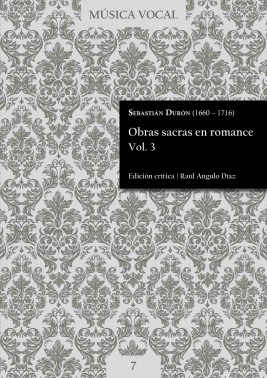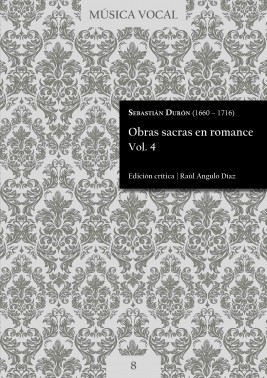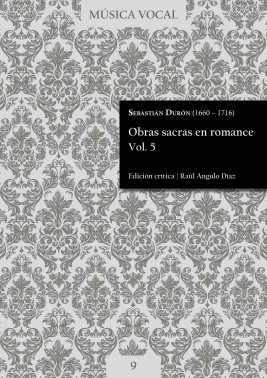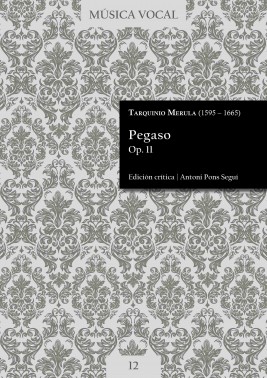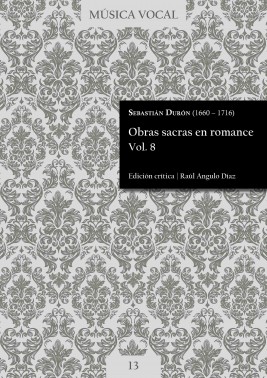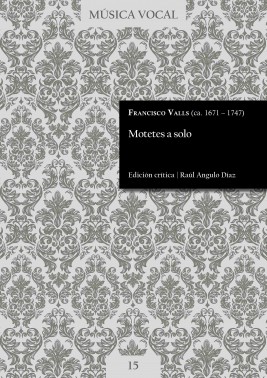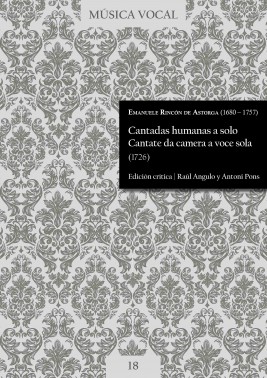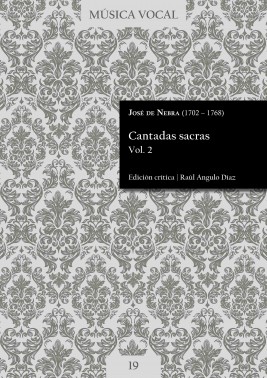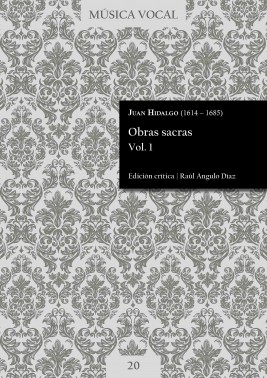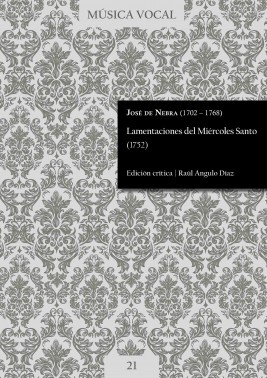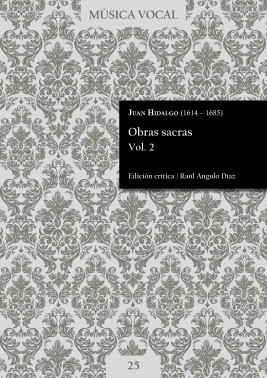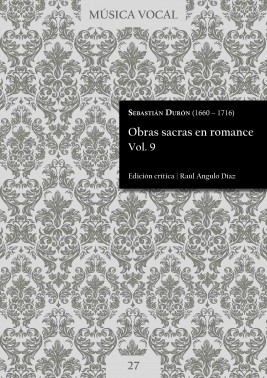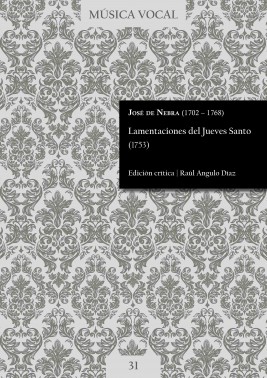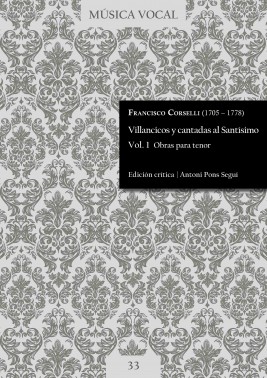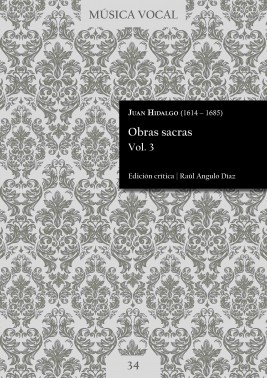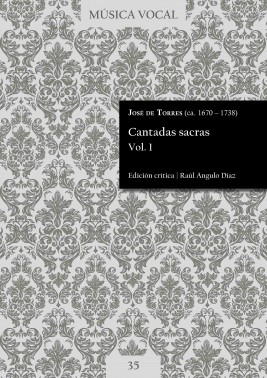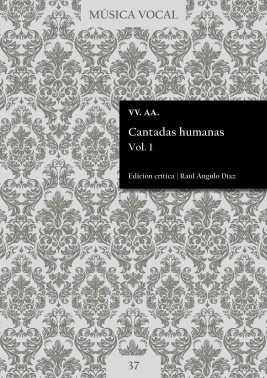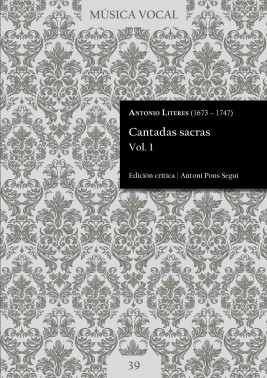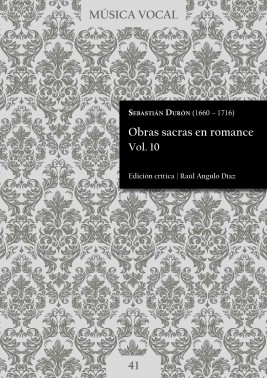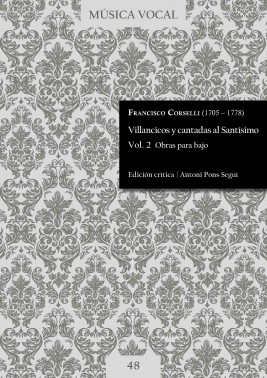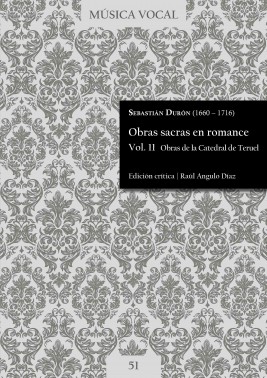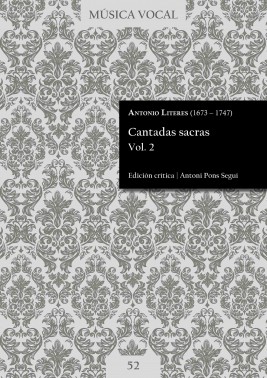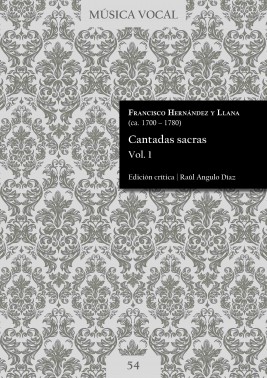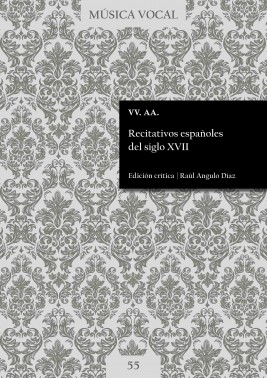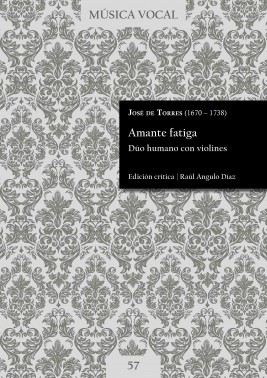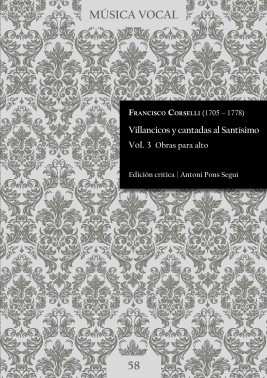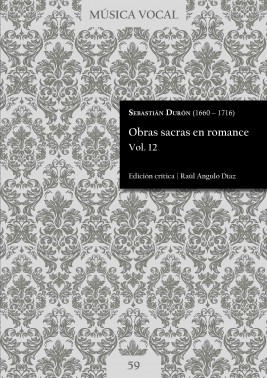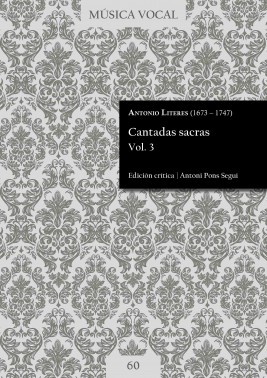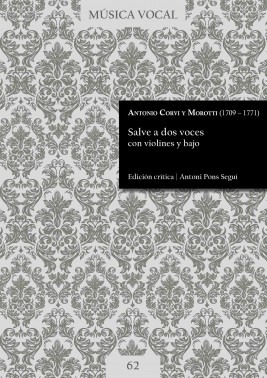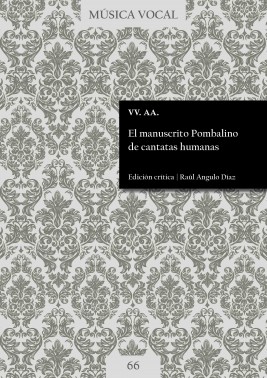-
 English
English
-
 Español
Español
Shopping Cart
No products
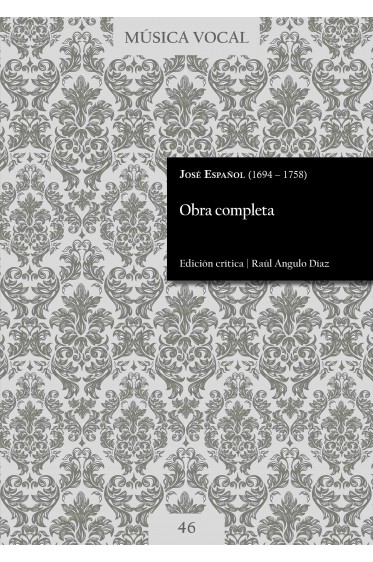
Español | Complete works
José Español (1694-1758) - Complete works
406 pages. 2020 ISMN 979-0-805412-91-7 (paperback)
Also available in digital format (PDF)
|
José Español was born in Zaragoza in 1694. He possibly studied at one of Zaragoza's musical centers, such as El Pilar or La Seo. His teachers could have been Miguel Ambiela, Joaquín Martínez de la Roca, José de Cáseda or Francisco Portería. Between 1715 and 1718, he was organist at the Royal Monastery of San Juan de la Peña (Huesca). In 1731 he was appointed organist of the parish of Santo Tomás of Haro (La Rioja), a position he held until his death in 1758. In Haro he directed the small music chapel that he had at his disposal, although there is evidence that he also participated at the festivities in neighboring towns, such as Casalarreina (La Rioja) or Laguardia (Álava). A part of the music owned by Español has been preserved in Haro. There are about 120 works (villancicos and cantatas) composed in the first decades of the 18th century, of which 43 are works by José Español. Only two other pieces by this musician have been preserved in other archives. It should be noted that the alto parts, lower than usual, are conceived for a high tenor. Likewise, the duos for alto and tenor can be performed with a soprano and alto (or a mezzo) transposing the piece, as indicated by José Español himself. Contenido:
|


